
If you've just been pulled over and you're hoping to dodge a ticket, it's crucial to know there's no silver bullet for talking your way out of it. While you can't rewind time to drive within the speed limit, there are definitely some things you'll want to steer clear of saying to the officer. Here are 15 things you should never say to a police officer.
"How dare you pull me over? Are you out of your mind, officer?"
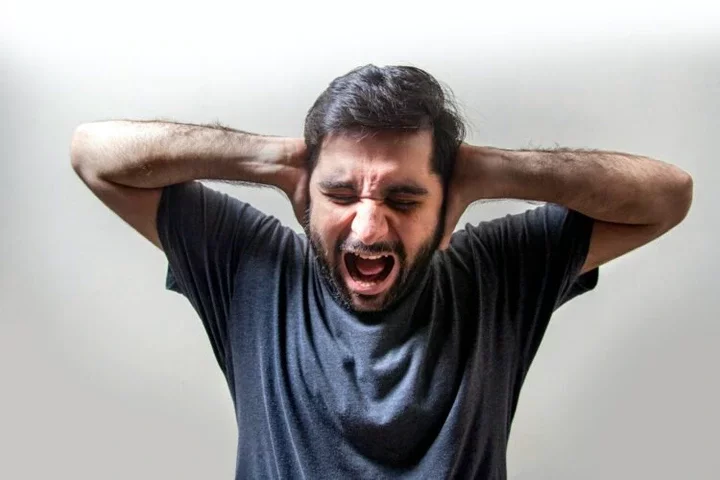
Arguing with a policeman rarely ends well and can lead to stricter enforcement. While it's important to stand up for your rights and not automatically agree with everything, there are better approaches than getting into a debate with the officer. Keeping interactions concise and respectful usually works in your favor during these moments.
"I understand why you stopped me."
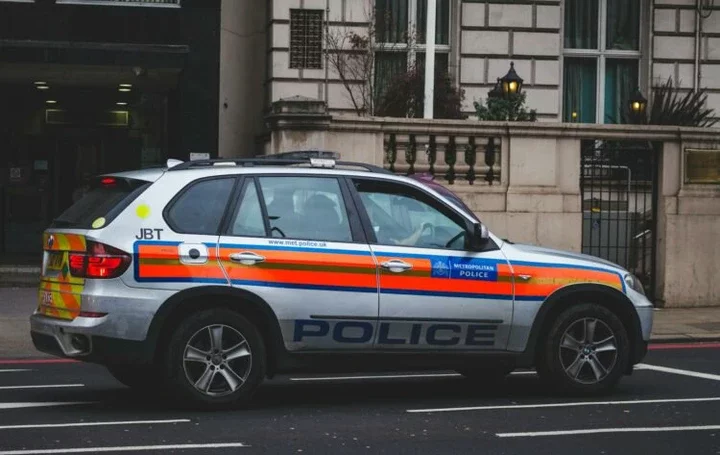
When a police officer pulls you over, they often start by asking if you know why. Saying "yes" might seem harmless, but it can actually be seen as admitting your fault, which could affect your options later. It's essential to handle these tricky situations thoughtfully to protect your rights and legal standing.
"Why did you pull me over?"
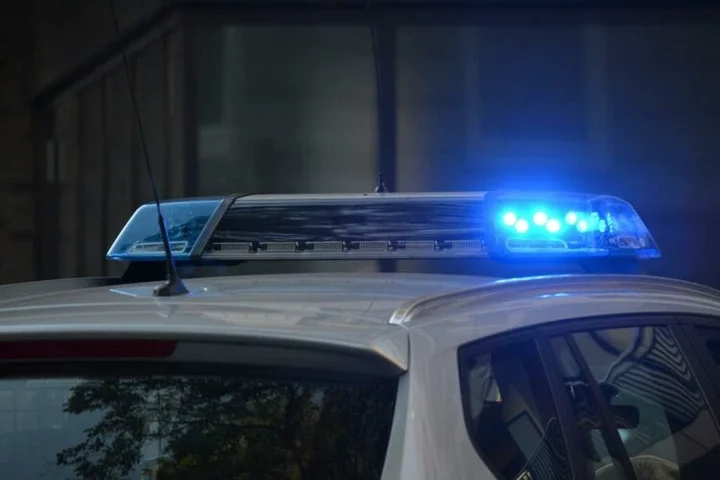
Drivers have every right to know why they've been pulled over, and it's the officer's duty to explain this respectfully. Beginning the interaction defensively can escalate tension and complicate the situation further for all parties. You should always approach these types of encounters calmly.
"This is my first time dealing with cops, and I'm a bit nervous..."
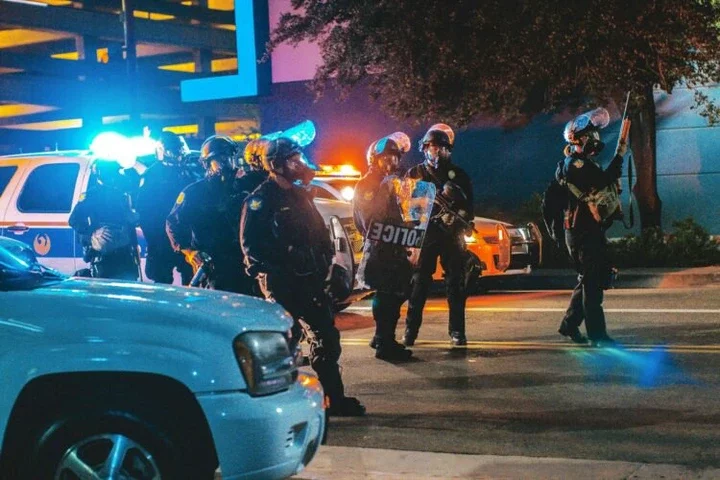
When nerves kick in during a police stop, it's easy to start over-explaining, but that can actually raise suspicions. For example, what might have been a routine check could turn into a full-blown search. Keeping jokes and extra comments to yourself and sticking to direct answers can keep things running smoothly and avoid unnecessary complications.
"Ah, look, got me this time, yay!"
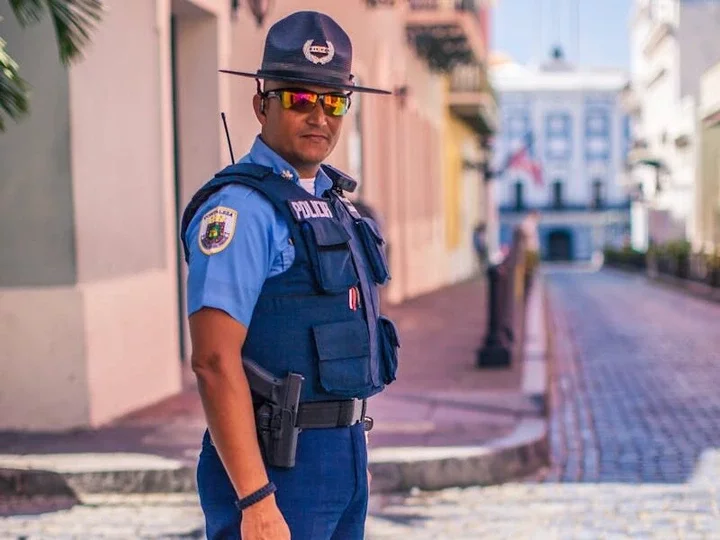
Making jokes and trying to be overly friendly with the police officer might give the impression that a driver isn't taking the situation seriously and believes they're above the law. Now, this can be very problematic if they are breaking traffic laws. So it's better to stay cool and handle the situation seriously. Save those jokes from cops.
"I contribute to your salary."
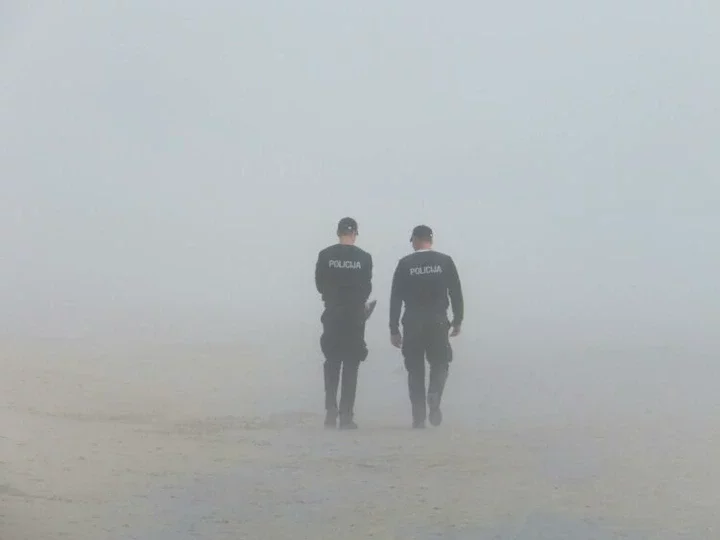
Every police officer has probably heard something like this before, but don't expect them to reply with-"Sure thing, carry on, boss!" Paying taxes doesn't give you any special authority over the police. In fact, saying things like this could make the situation even more complicated for you by rubbing the officer the wrong way.
"Shouldn't you be focusing on more serious crimes?"
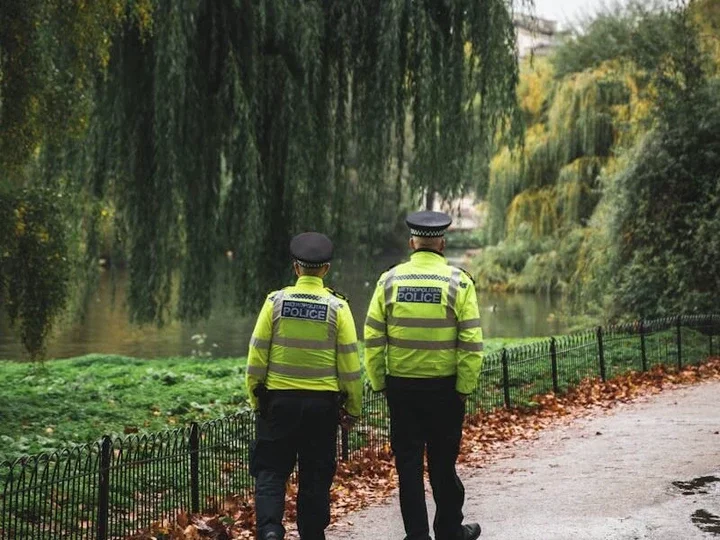
Starting off with "Don't you have real crimes to investigate?" sets a negative tone with a police officer. It's better to avoid starting on the defensive. Remember, implying they're not handling "real" crimes can escalate things. Traffic violations like speeding are serious and can put others at risk, so police officers are rightly concerned about them.
"I have influential connections, you know."
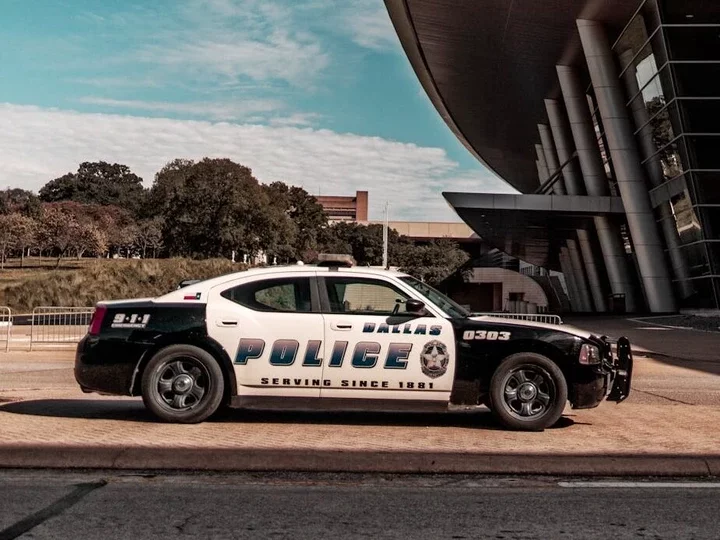
No matter if the mayor is your best friend, your niece is the sheriff, or you hold a high political office, trying to use these connections to avoid a ticket isn't ethical. It's unlikely to succeed and could even make the situation worse. This approach might make the officer defensive-which is the last thing you want when you've been pulled over.
"Feel free to search my car. I have nothing to hide."
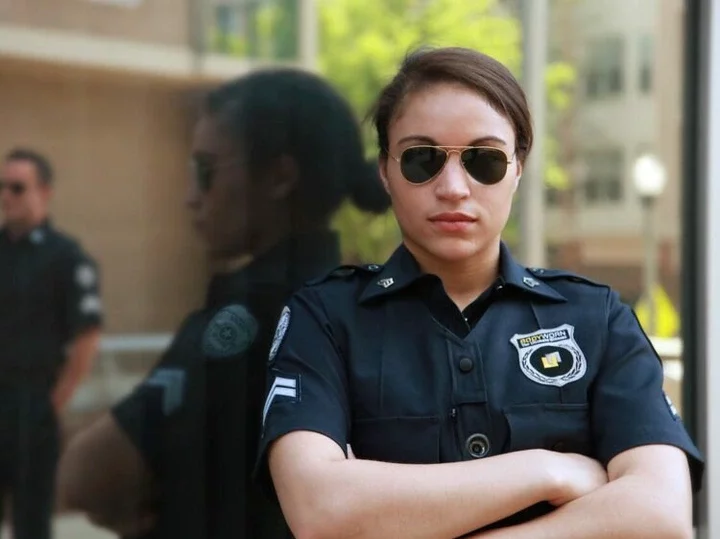
If a police officer asks to search you or your car, it could mean they don't have strong grounds for it. Giving consent means they can proceed without needing solid evidence. Even if you have nothing to hide, it's important to assert your rights and ensure they follow proper procedures for any search. This helps protect you legally and ensures fairness in the process.
"I had only one drink."

Saying you "only" had one drink or were "just" a bit over the speed limit won't get you far as a defense. It's like admitting fault upfront when questioned about why you were pulled over. Even if it seems minor, these admissions can work against you in court. Being mindful of what you say in such moments can make a big difference in how things unfold.
"Do I have to give my name?"
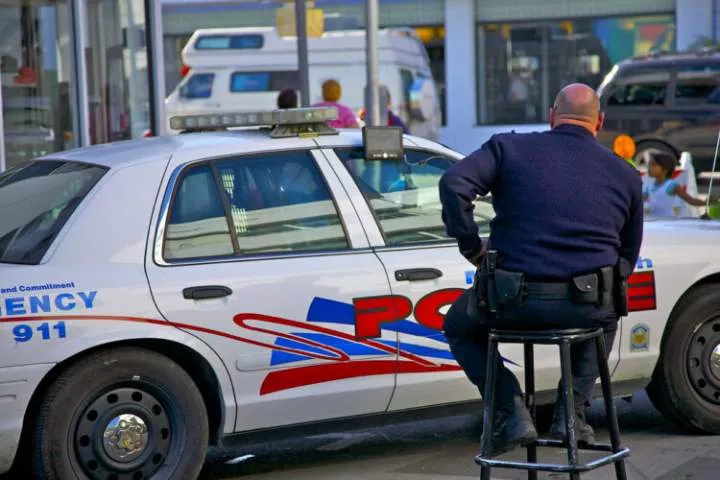
In some states, you have to tell an officer your name if they pull you over. But in most states, you don't have to tell them anything. That doesn't mean you should stay silent when an officer comes to your car (although sometimes that might be safest). Your aim should be to stay safe and calm. You can answer the officer's questions politely but keep your responses brief and to the point.
"No, I'm telling the truth."
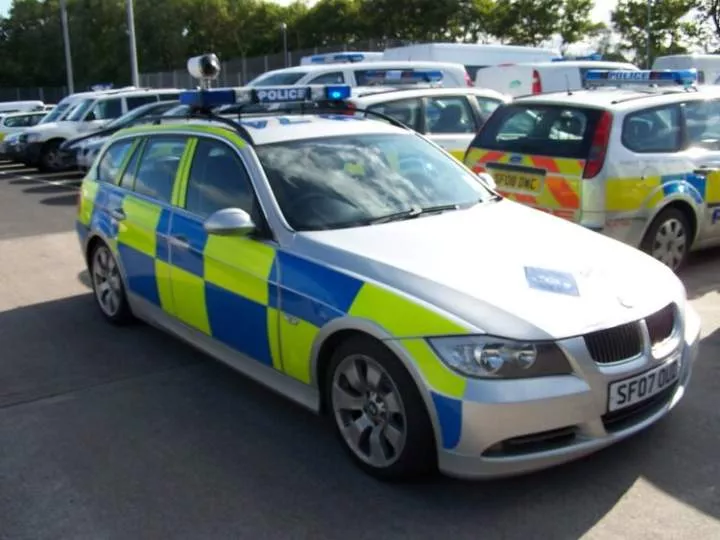
Lying to a police officer is a very bad idea for a few reasons. First, you might not be as convincing as you think. Also any lies can cause problems in court later. It's better to avoid lying because it can make things worse. You don't have to answer every question an officer asks-you can stay quiet, which is safer than lying.
"You're being unpleasant/rude."
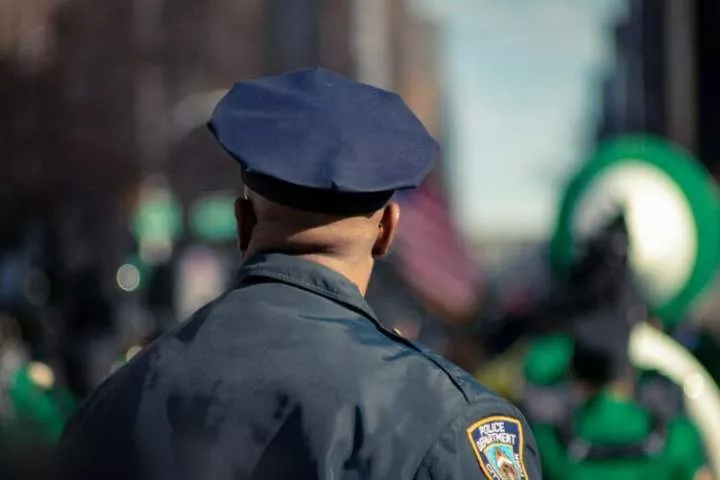
If you find yourself pulled over by a rude officer or having a rough day, just resist the urge to respond with insults. It won't improve their mood or your chances of getting out of a ticket-in fact, it could make things worse. Keeping your cool and staying polite is your best strategy for navigating the situation smoothly.
"I didn't realize it was against the law."
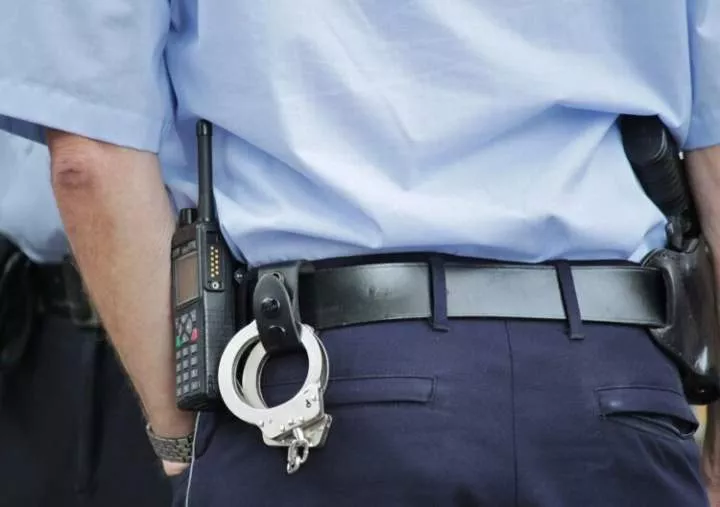
If you're ever unsure about what to say to a police officer, remember this: pretending ignorance of the law won't get you far. Officers are quick to remind you that not knowing doesn't excuse breaking the rules-especially if the offense is obvious. Your safest bet? Keep your answers straightforward or stay silent altogether to avoid making things more complicated.
"Why am I being arrested? I need to know why....."
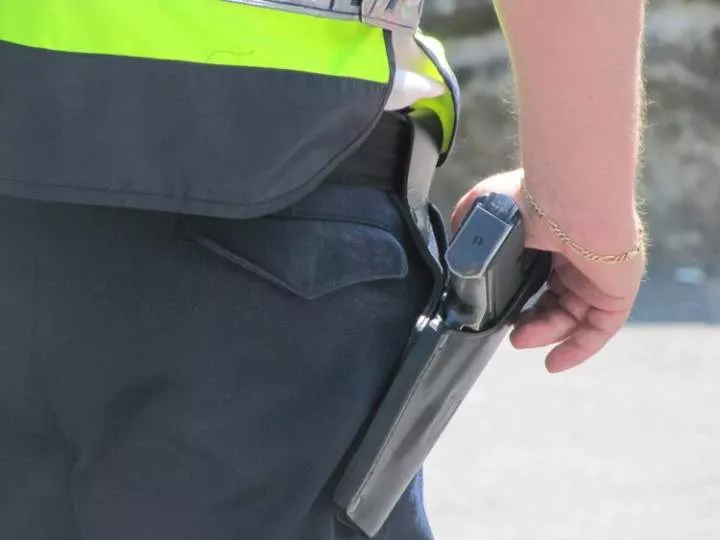
Once you're in custody, it's very important to remember that less is more when talking to the police. The moment you're arrested-it's time to stay silent except to ask for a lawyer. After being read your rights, everything you say can and will be used against you. Your best move is to hold off on saying anything until you've had a chance to speak with a lawyer.


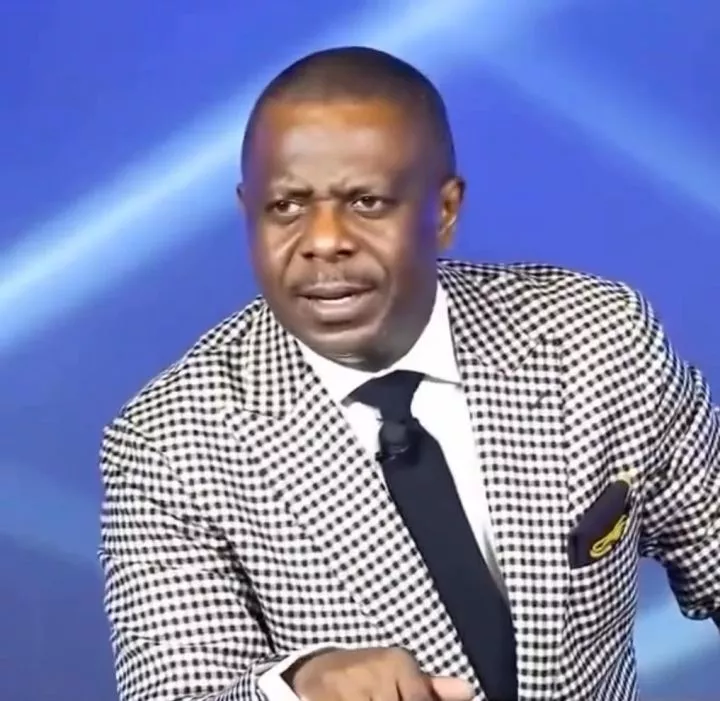
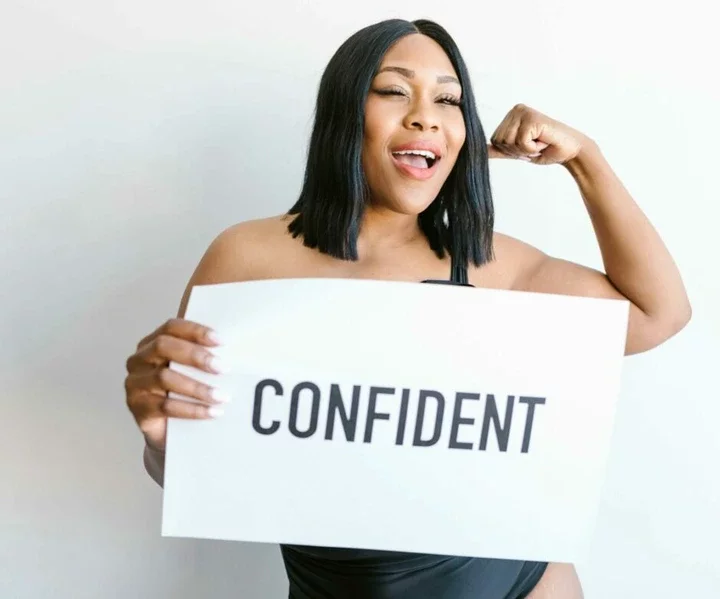





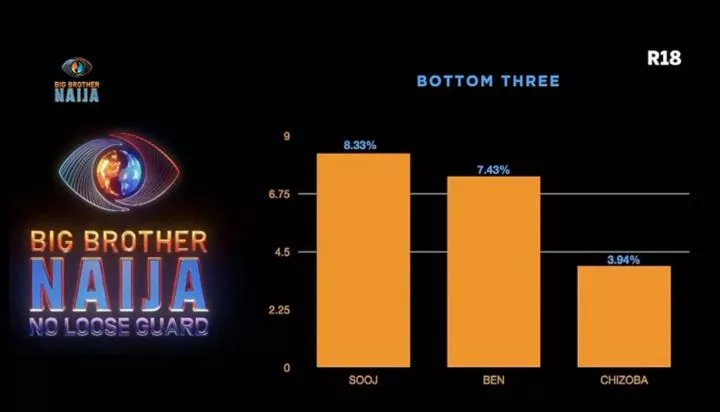
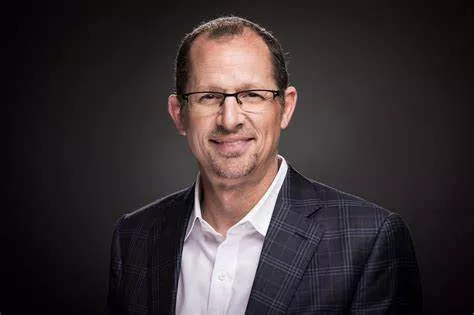





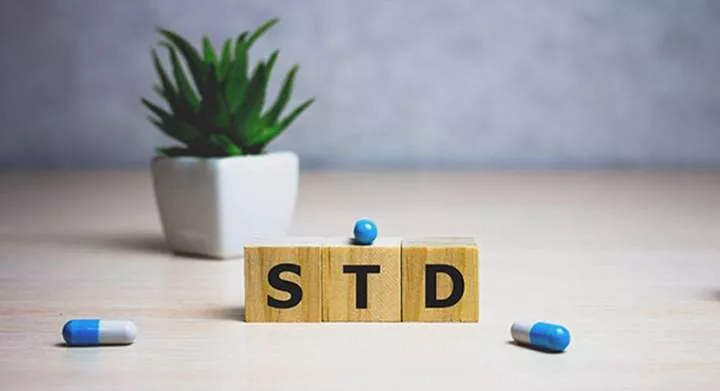

Comments